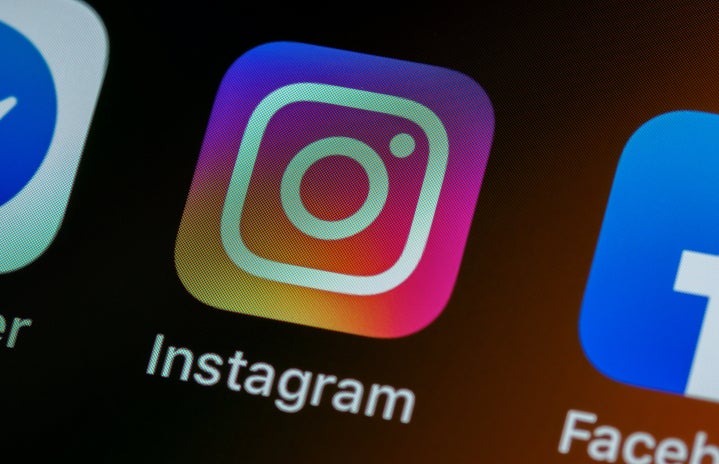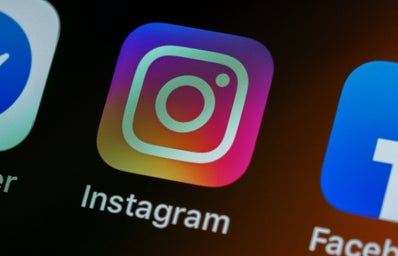We’ve all been there. The dreaded Thanksgiving dinner when you are forced to face off with that one radical relative who doesn’t believe in basic facts because of their political stances. Arguments ensue and, of course, nothing beneficial really comes out of it. Chances are, though, this is the worst political polarization you are bound to encounter. Why? Because social media isn’t as terrible of a place for political discussion as many people might think.
If you’ve never heard of an echo chamber before, it’s pretty much exactly what it sounds like: standing in a cave, shouting your own voice into the ether, and hearing nothing but your own thoughts reverberated back at you. Online, echo chambers are like bubbles of people confirming your own views, most commonly about politics.
Do you live in an echo chamber? Think about your Facebook feed, for example. You might exclusively follow outlets of a liberal stance, or perhaps mostly liberal/conservative with just a sprinkling of neutral outlets. People like to feel right, which is why in real life we typically surround ourselves with peers who agree with our opinions and are otherwise likeminded. Think about your peer group in real life now as well. Who do you spend most of your time with? Chances are, they’ve got the same, if not extremely similar, political views and beliefs as you do.
The reality is that echo chambers are far more prevalent in our day-to-day “real” lives than they are prevalent online. Even if you follow strictly liberal or conservative outlets, you still will be exposed to other points of view. The internet is colossal and filled with diversity. Your Facebook feed might be less diverse than other places, such as Instagram or Twitter, but you still hold chances of being exposed to cross-cutting content. This just means your social media platform will show you different opinions because it believes you’ll react to it, not necessarily “like” it. Social media is about engagement, and you may have a much stronger reaction to something of a differing view than to something that aligns with how you feel. Conflict often invites some kind of conversation.
So, what information backs all of this up? In a research piece from the Knight Foundation, Andrew Guess, Brendan Nyhan, Benjamin Lyons, and Jason Reifler explore the idea that while a tendency towards selective media exposure does exist, it’s not necessarily dangerous to the already-fragmented civil sphere. The study found that selective exposure appears to be asymmetric, which just means that there was more evidence for attitude-aligning engagement than there was for avoiding counter-attitudinal information. Basically, people don’t run from opposing views so much as you might think.
Dissonant information may not always be undesirable to consumers. You’ve probably heard of the phrase “love to hate,” right? That applies here. It can be a form of entertainment to look at the other side, and any exposure to different viewpoints is better than none in the long run to reducing polarization. And, as for those extremist media outlets like Breitbart, or people like Tomi Lahren? Their voices may sound loud to social media as a whole, but when taking a look at the Knight Foundation’s study, it found that only a fraction of social media users follow those outlets compared to centrist outlets. The study concludes that most people have more “omnivorous” media diets.
Take a look at your own media diet. What are your biases, and how are they reflected in your social media exposure? What are the benefits and drawbacks when it comes to relating with others and building a happier society?
Want to keep up with HCBU? Make sure to like us on Facebook, follow us on Instagram, check out our Pinterest board, and read our latest Tweets!



